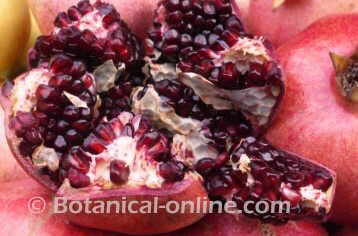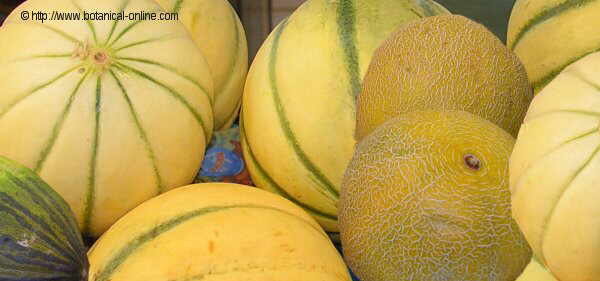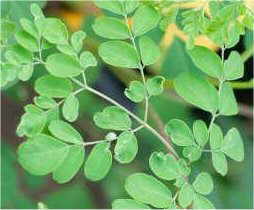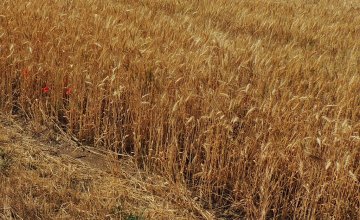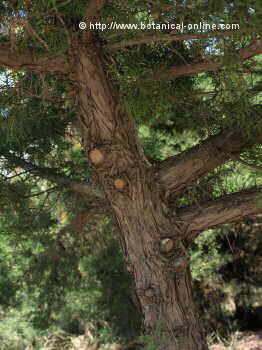Contents
Vegetarianism: problems with zinc
Can vegetarian people have deficiency of zinc?
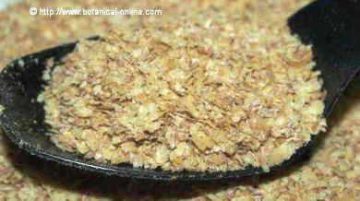
Any kind of diet, if not done in a balanced, varied way, with an organized structure, which does not contemplate any possible lack of nutrients, can generate inadvertently nutritional deficiencies.
The important nutrients, and, in some cases, the essential ones, if not properly provided, can bring nutritional deficiencies being a risk factor of multitude of problems, disorders and diseases, unnecessary and avoidable with a proper nutrition.
One of the shortcomings that are often more common is with mineral zinc. This deficiency is usually due to poor food combining.
It sometimes happens that we eat a food rich in zinc along with other foods rich in other substances. These substances react with zinc and prevent the zinc and themselves to be absorbed. Therefore, although our diet is rich in this mineral, it is not absorbed properly, which generates a nutritional deficiency.
| Note: Nutrient deficiencies are not always due solely to a deficit in its intake. There are many reasons why a nutrient does not accomplish its beneficial role in our body. For example, although the intake is correct, it is not absorbed by the body because there is another substance (consumed at the same time) that reacts and prevents its absorption. |
Importance of zinc
Zinc is a mineral with a high antioxidant effect in our body which helps fight the damaging effect of free radicals. A vegetarian diet usually does not produce zinc deficiency due to its high consumption of cereals.
Among plant foods, the richest in zinc are whole cereals, followed by legumes. Other plants, such as vegetables or fruits, are less rich in this mineral. We should also keep in mind that from the total amount ingested, our body only assimilates 20% of zinc.
The problem is that there are a number of factors and substances which, when taken together with foods rich in zinc, interfere with its absorption. So, zinc is eliminated from the body without being absorbed, If we do not take into account these factors in a vegetarian diet, this can generate a deficit.
Foods with zinc
Vegetal food | Amount of zinc (mg) | Animal food | Amount of zinc (mg) |
Enriched cereal brand | 64 | Oysters | 181 |
Soy protein | 60 | Beef liver | 12 |
15 | Beef steak | 10 | |
12 | Yeast | 9.9 | |
10 | lamb | 8.6 | |
10 | Hunting meat | 8 | |
9.7 | Cheese | 4 | |
Beans | 9 | Yolk | 3 |
Vegetal burger | 8.9 | Chicken | 2.8 |
Dried Chervil | 8 | 0.75 | |
7 | |||
3 | |||
1.6 |
Zinc absorption
As it happens in other nutrients, plant foods contain zinc in a less bioavailable way than in food of animal origin.
We must also add that a vegetarian diet is much richer in a number of nutrients which are factors to consider, since, although the intake of this mineral was adequate, they can further decrease the uptake of zinc:
Factors that decrease the absorption of zinc
Fiber and phytates, contained in most of the food consumed daily in a vegetarian diet, can prevent the absorption of this mineral.
In the case of minerals such as calcium, cadmium and copper, if we consume zinc-rich foods along with some of these minerals, we can only absorb one of them all because they generate competition to each other by being absorbed at the same time.
Therefore, we must take extra caution and preferably consume such foods separately. Thus increases the absorption of all of them and does not create any mineral deficiency.
Factors that increase the absorption of zinc
However, there are other characteristic factors of vegetarian diets that help the attainment of that mineral.
Those who follow a vegetarian diet preferably consume their cereals in the less processed form as possible, that’s say, whole cereals, which benefits them in obtaining zinc. By submitting these grains to refining process, we remove up to 80% of their content in this mineral, among many other nutrients.
Moreover, there are two sugars that increase the absorption of zinc. They are glucose, contained in table sugar comprising sucrose (fructose and glucose) and lactose, which is milk sugar (glucose and galactose). If we take them together with foods rich in zinc, the assimilation will be increased.
Recommended zinc intake
The recommended daily amount of zinc varies between men and women, from 11 to 8 mg daily, respectively. Obviously, if a woman is pregnant or for nursing mother, needs will be increased to values near 12 and 13 mg per day.
![]() More information about problems in vegetarianism.
More information about problems in vegetarianism.


